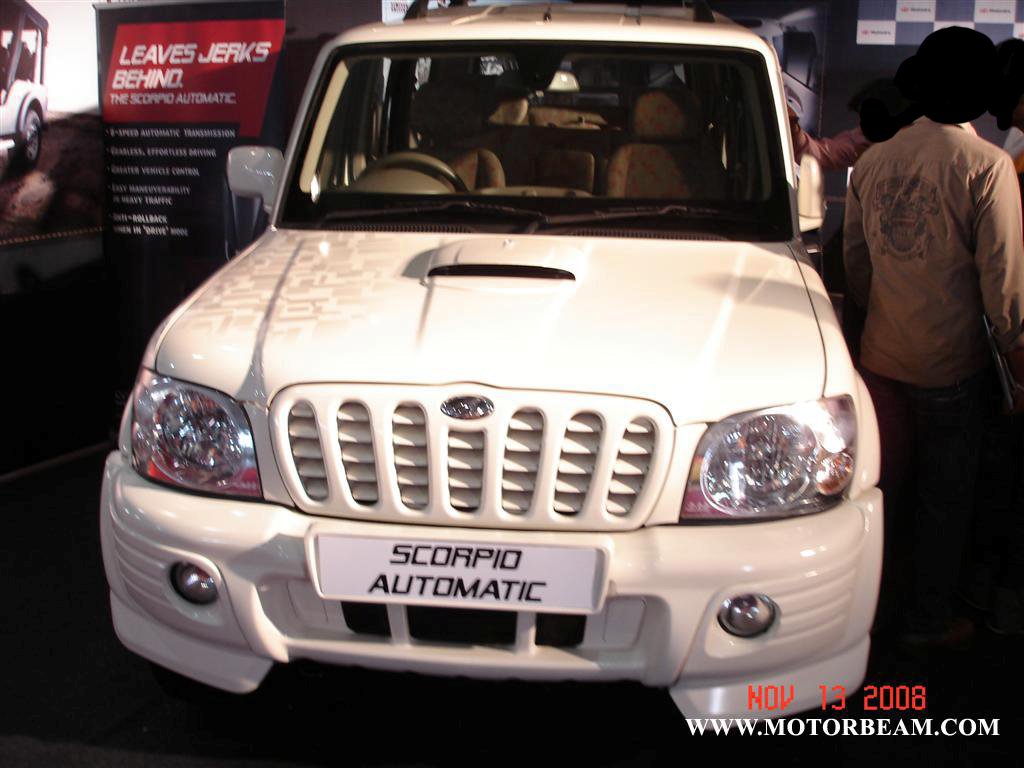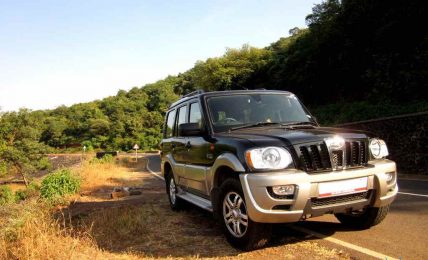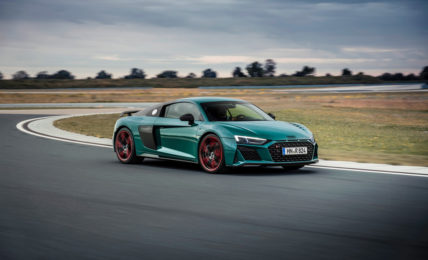
Every time we go to a fuel station to fill up the tanks, a look at the fuel cost gets us start cribbing about the rising fuel prices. Well, are these prices in our hands? Of course not. But can we really do something about it? The answer is indeed a yes. We might not be able to reduce the fuel cost, but we can definitely reduce our fuel consumption. There are various ways how we can use the fuel more economically and thus squeeze in some more kilometres before the fuel indicator reaches the ‘empty’ position. Best would be to avoid the drive. Ask yourself –“Is this trip needed?” If it can be avoided then please avoid. Do we start using alternative modes of transport to save on fuel? Well, that could be an option but if you want to stick to your vehicle then a few driving and maintenance tips can help you save some fuel. So gear up and read on.
Smart Vehicle – Are you a first timer? If yes, then buy a vehicle which is more fuel efficient. Automobile makers are spending crores on the technology development to come up with the most fuel efficient engines. They might cost you a bit more but the amount of fuel you would save using such technology will account for the extra money you would have shelled out and perhaps also provide you a long term benefit. Perhaps, choosing a hybrid would be the best option.
Right Fuel – Filling the tank with the right fuel grade (regular or premium) also helps in saving fuel. The right grade would be mentioned on the user manual. Most of the vehicles run fine with the regular grade but if your vehicle needs the premium grade, it is better to give it what it wants. Well, try not to buy the fuel when the prices are high unless required.
Keep Engine Tuned – The more efficient the engine is, the lesser fuel it will consume. Thus, keeping the engine tuned will help save fuel. A poorly tuned engine uses 50 percent more fuel and also produces 50 percent more emission when compared to a properly tuned one. Regular maintenance of your vehicle as provided in the user manual helps a ton.
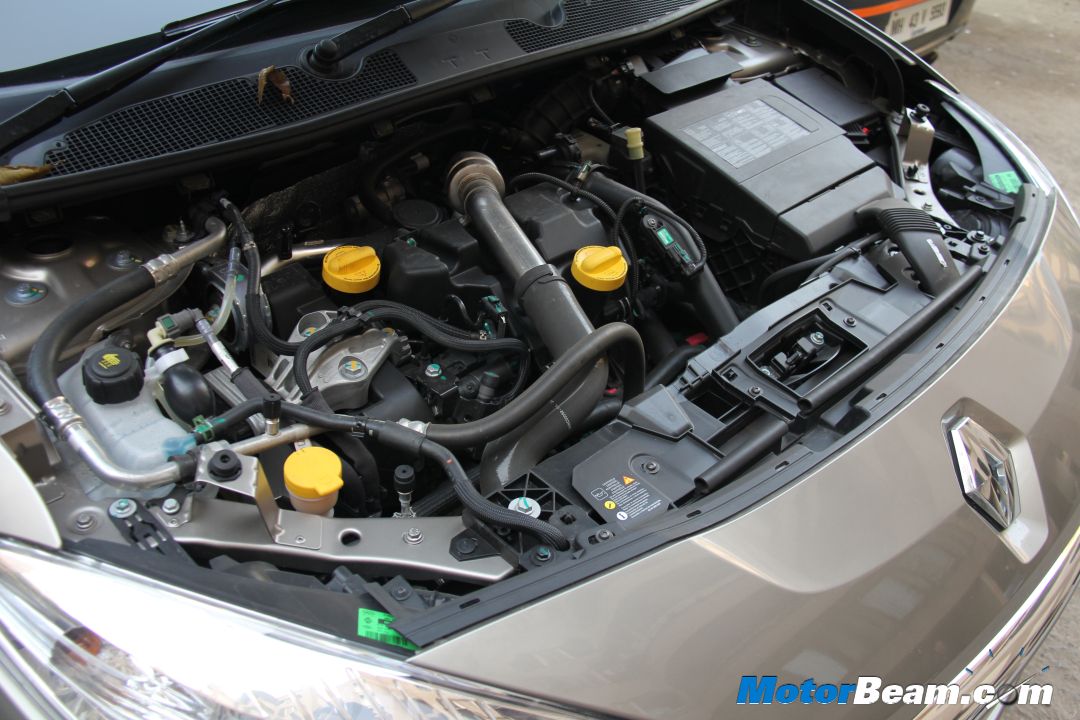
Air-filter Check – A regular check on the air filter can help you save fuel. The dirty filter restricts the air flow to the engine. This reduces the performance of the engine. An easy way to check the filter is to remove it and hold it against the sun. If there is a clear passage of light, your filter is working fine. But if there is restriction, then you need to get a new one.
Tire Pressure – With time, the tires lose pressure. This also happens with fall in temperature. A regular tire pressure check-up helps in keeping the tires inflated and avoid the problem of rolling resistance, which is generally seen with under-inflated tires. Due to the rolling resistance, one has to burn more fuel to keep the vehicle moving. Also, follow the inflation pressures mentioned in the user manual.
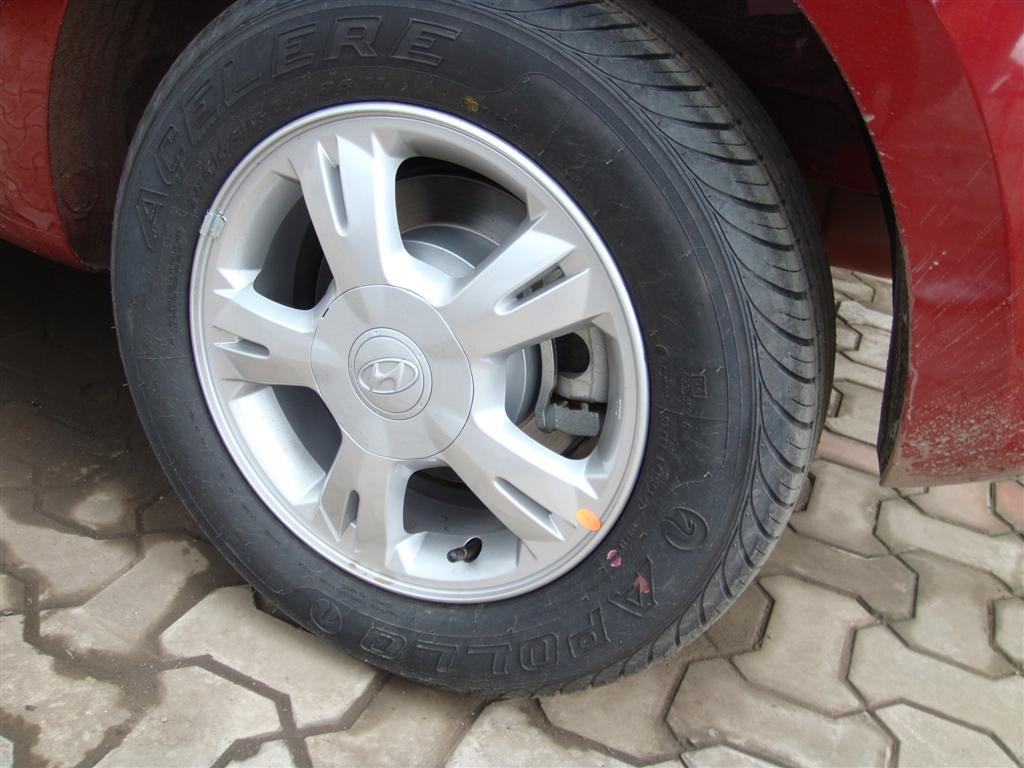
Parking Space – Always try to park your vehicle in shade. There are two benefits of this. Firstly, parking in shade will reduce the unnecessary fuel evaporation. Secondly, your vehicle will not get heated up much. Those which are parked directly under the sun need more air conditioning to cool the vehicle, thus requiring more fuel. Thus, parking in shade saves fuel.
Fuel tank cap – Once the tank is filled, always tighten the tank cap firmly. A loosely placed cap leads to fuel wastage through evaporation. So, next time you use your vehicle, first have a check on the fuel tank cap.
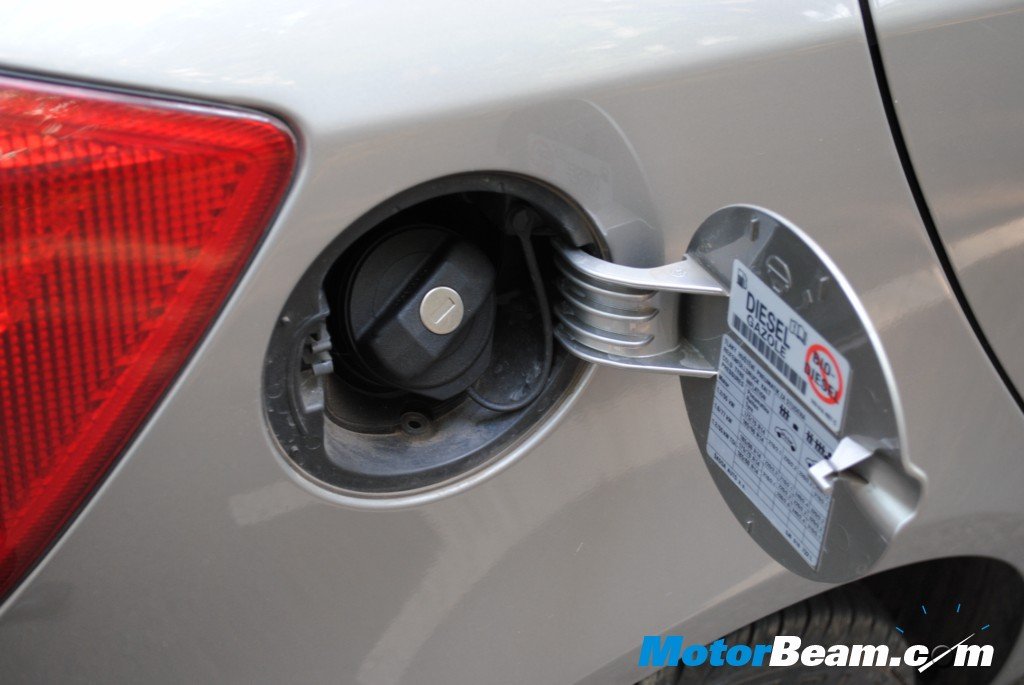
AC or No AC – When driving at low speeds, avoid using air conditioner if the climate is manageable. Try to feel the fresh air by keeping the windows open. Non-usage of AC reduces fuel consumption. But, if you are driving at high speeds, it is better to keep the windows closed and use AC. Open windows at high speeds causes wind resistance because of which you might end up using more fuel to overcome that resistance.
Cruise control – While travelling long distances, try to maintain the speed. Abrupt braking and acceleration consumes more fuel. Plan your travel well ahead and try to avoid peak traffic hours. Also, try to maintain speed as per the norms on the road. Driving at the speed limits help save the fuel. You might reach a little late but again you always have the option of starting a bit early. Sticking to the road speed limits will also help you in saving the penalty fees you might end up paying when caught by the cop.
Champ at the signal – Most of us want be the first one out when the signal turns green. High sudden acceleration increases the fuel usage. Understand this, the driver next to you doesn’t even know you and there is no competition going on with prizes to be won. Accelerate gently; cross the signal and when the vehicle is geared up maintain the speed.
Vehicle idling – Most of the vehicles today are designed to warm up faster. So try to avoid idling whenever you can. Idling only wastes fuel and helps in increasing the green-house gases. If you have to halt for more than 30 seconds, turning off the engine is the best option. Turn off ignition at signals if you have to stop for more than a minute. During winters, do not idle a cold engine for more than 30 seconds before driving away.
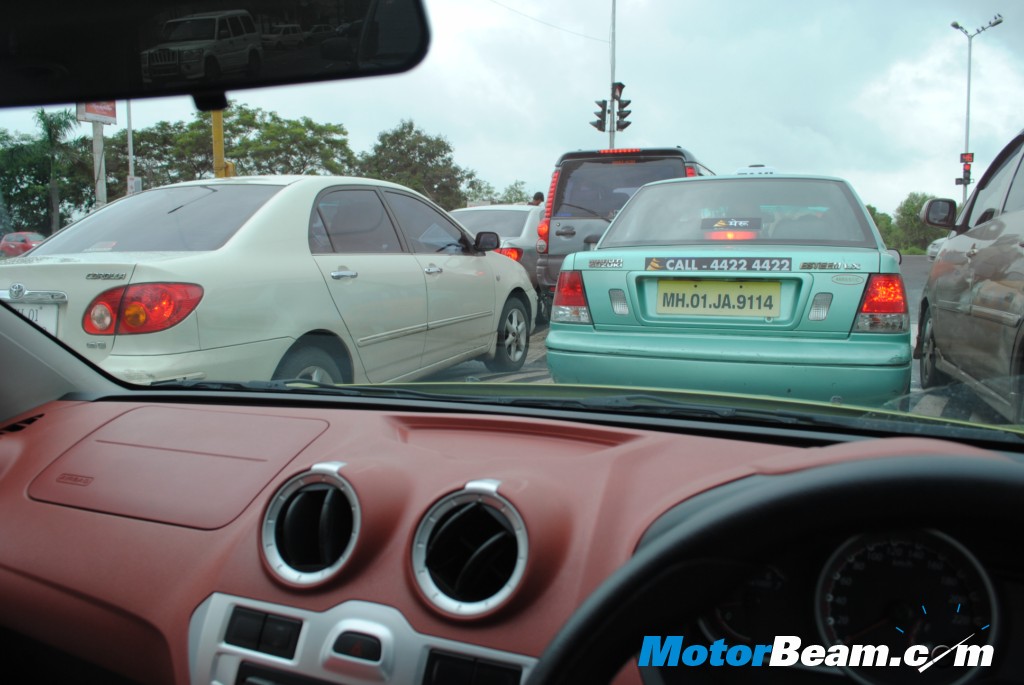
Right gear – Driving in the right gear is a must to avoid unnecessary fuel usage. Try to switch over to the higher gear without accelerating much. Driving in a lower gear than what is needed requires more fuel.
Power Accessories – Ensure that you shut down every power consuming accessory before shutting the ignition off. This will help in avoiding the extra load on the engine while turning on the ignition the next time. Accessories like LCD TV, chargers etc. can pull more power and thus, there is an additional burden on the engine and thus more fuel would be needed.
Well, these were few simple yet affective techniques to save on some fuel and use it for that extra mile of your journey. Save fuel, save money and be a smart driver.


